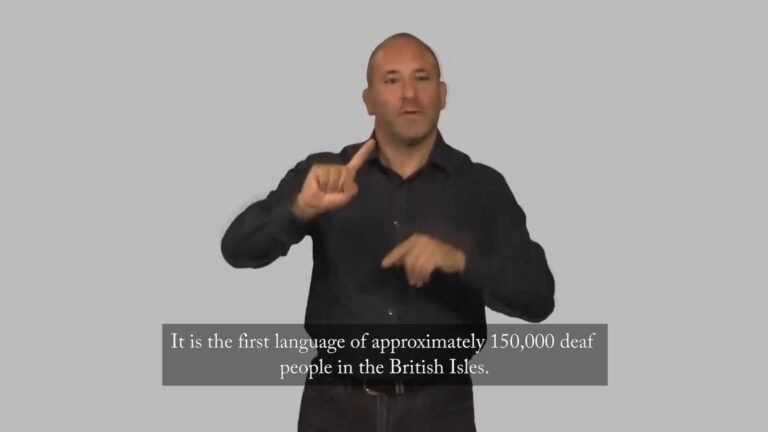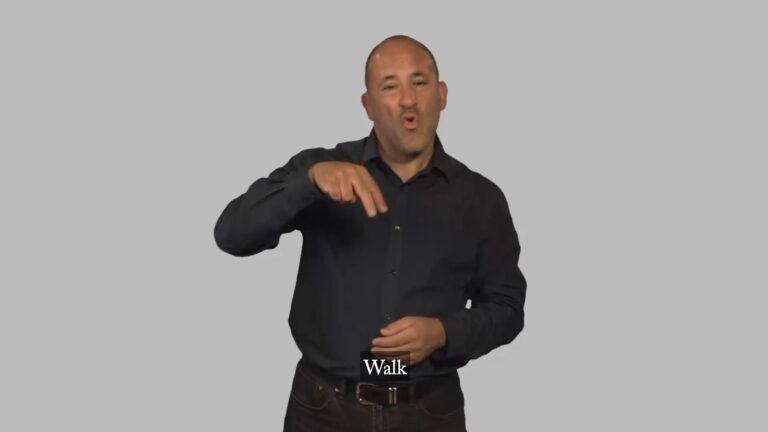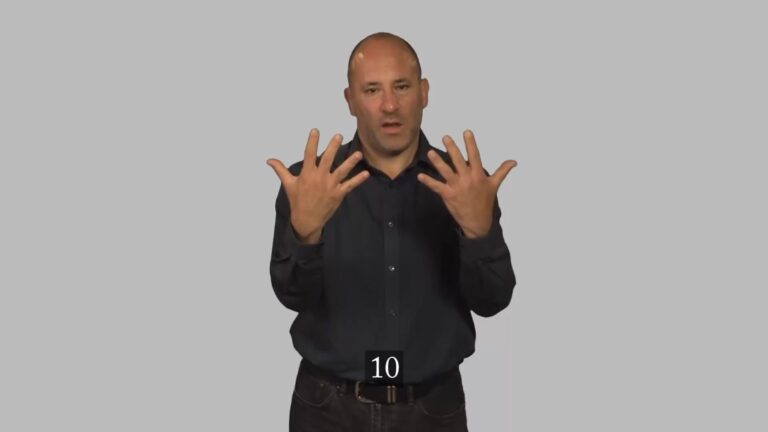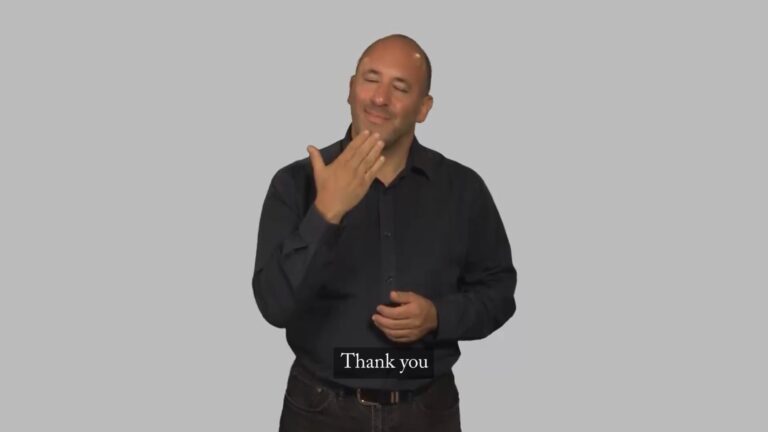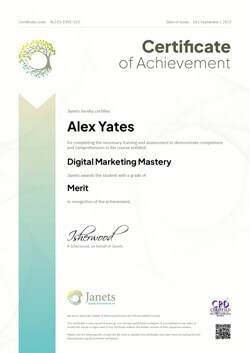Level 2 Certificate in Principles of Working with People with Mental Health Needs
CPDUK Accredited | 50% OFF Certificate & Transcript
0 Students enrolled on this course 4.8 (8 Reviews)
 Last updated April 17, 2024
Last updated April 17, 2024
Course Curriculum
| Module 1: Introduction to Mental Health | |||
| Introduction to Mental Health | 00:20:00 | ||
| Module 2: Overview of Mental Health Support Worker | |||
| Overview of Mental Health Support Worker | 00:15:00 | ||
| Module 3: Childhood and Adolescent Psychiatric Disorders | |||
| Childhood and Adolescent Psychiatric Disorders | 00:25:00 | ||
| Module 4: Stress and Anxiety Disorders | |||
| Stress and Anxiety Disorders | 00:32:00 | ||
| Module 5: Schizophrenia | |||
| Schizophrenia | 00:26:00 | ||
| Module 6: Personality Disorders | |||
| Personality Disorders | 00:42:00 | ||
| Module 7: Mood Disorders | |||
| Mood Disorders | 00:22:00 | ||
| Module 8: Eating & Sleeping Disorders | |||
| Eating and Sleeping Disorders | 00:44:00 | ||
| Module 9: Self-Harm and Suicide | |||
| Self-Harm and Suicide | 00:20:00 | ||
| Module 10: Medication and Therapy in the Treatment of Mental Illness | |||
| Medication and Therapy in the Treatment of Mental Illness | 00:32:00 | ||
| Module 11: Mental Health Legislation and Services | |||
| Mental Health Legislation and Services | 00:29:00 | ||
| Module 12: Community Mental Health Teams (CMHTs) | |||
| Community Mental Health Teams (CMHTs) | 00:18:00 | ||
| Module 13: The Participation of the Service User | |||
| The Participation of The Service User | 00:21:00 | ||
| Mock Exam | |||
| Mock Exam – Level 2 Certificate in Principles of Working with People with Mental Health Needs | 00:20:00 | ||
| Final Exam | |||
| Final Exam – Level 2 Certificate in Principles of Working with People with Mental Health Needs | 00:20:00 | ||
| Order your Certificates & Transcripts | |||
| Order your Certificates & Transcripts | 00:00:00 | ||
Course Reviews
No Reviews found for this course.
Frequently asked questions
Can’t find the anwser you’re looking for ? Reach out to customer support team.
There are no specific prerequisites for this course, nor are there any formal entry requirements. All you need is an internet connection, a good understanding of English and a passion for learning for this course.
You have the flexibility to access the course at any time that suits your schedule. Our courses are self-paced, allowing you to study at your own pace and convenience.
For this course, you will have access to the course materials for 1 year only. This means you can review the content as often as you like within the year, even after you've completed the course. However, if you buy Lifetime Access for the course, you will be able to access the course for a lifetime.
Yes, upon successfully completing the course, you will receive a certificate of completion. This certificate can be a valuable addition to your professional portfolio and can be shared on your various social networks.
We want you to have a positive learning experience. If you're not satisfied with the course, you can request a course transfer or refund within 14 days of the initial purchase.
Our platform provides tracking tools and progress indicators for each course. You can monitor your progress, completed lessons, and assessments through your learner dashboard for the course.
If you encounter technical issues or content-related difficulties with the course, our support team is available to assist you. You can reach out to them for prompt resolution.





 LOGIN/Sign up
LOGIN/Sign up
